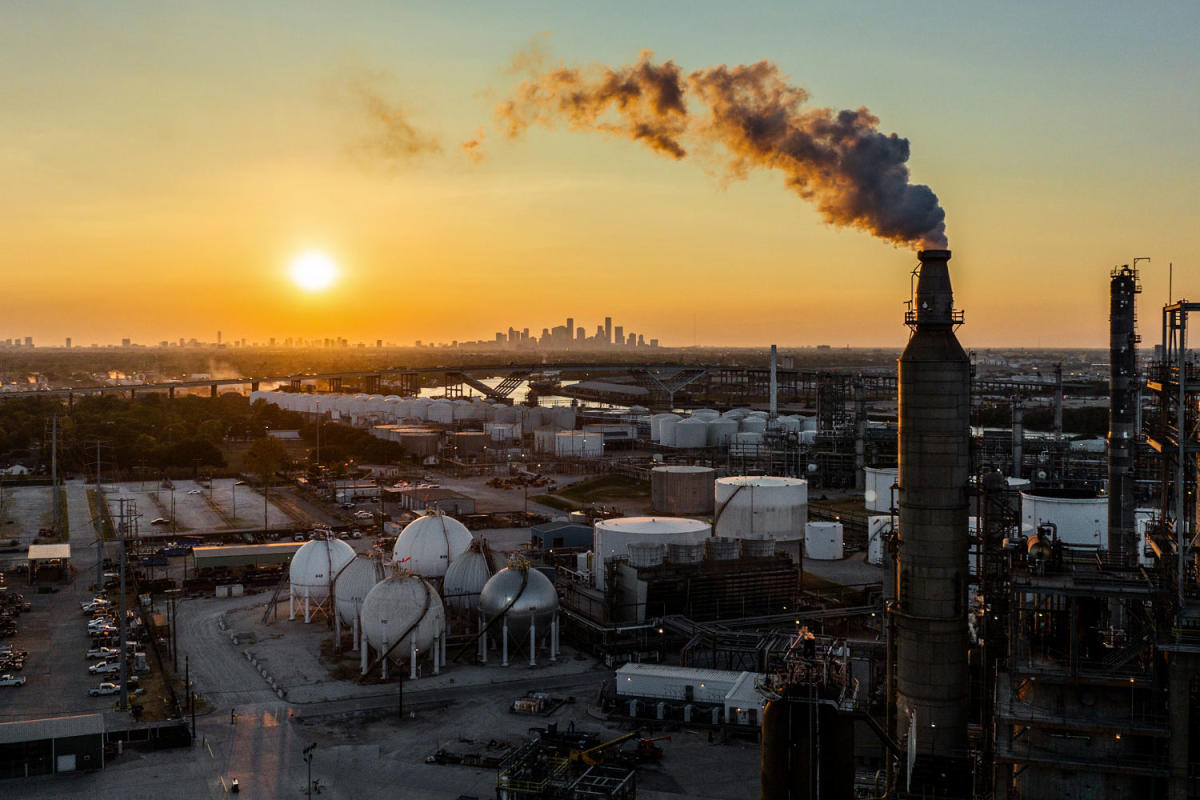The Biden administration unveiled the finalized regulations at the United Nations Climate Change Conference, known as COP28, to combat methane emissions from oil and gas companies. The regulations require emitters to stop routine flaring of natural gas in new wells, implement monitoring measures for methane leaks, and establish new standards for high-emitting equipment.
Methane, a potent greenhouse gas emitted by oil and gas companies, is a major contributor to climate change. The Environmental Protection Agency projects that the new regulations will reduce future methane emissions by 80%, exceeding previous proposals from 2021 and 2022. The plan also targets sources of other harmful air pollutants.
The administration emphasized that non-compliant companies face EPA enforcement. The regulations rely on technology such as aerial screening, sensor networks, and satellites to detect and fix leaks. The focus will be on addressing “super emitter” sites, which account for almost half of methane emissions in the oil and gas sector.
The EPA estimates that the plan will prevent 58 million tons of methane emissions and yield net benefits of $97 billion to $98 billion from 2024 to 2038. This move toward greater environmental accountability and the adoption of innovative technology is expected to bring significant climate and public health benefits.
To read more, visit NBCNews.com


